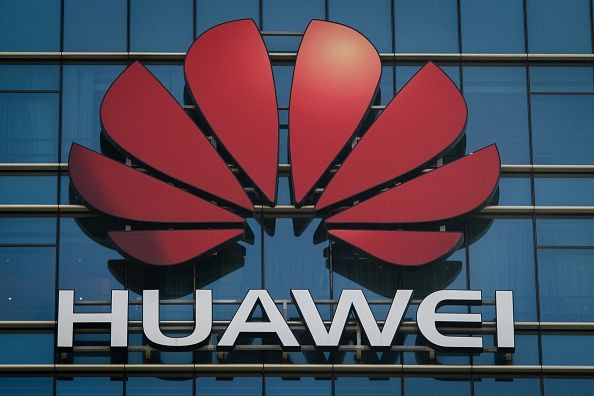Huawei Founder’s Memo Flags US Curbs As ‘Live Or Die’ Moment

Close on the heels of the United States' granting a 90-days reprieve for controversial China telecom major Huawei, the company’s founder Ren Zhengfei in an internal memo flagged the hard times from the U.S curbs.
Ren, referring to the U.S sanctions said the company is at a “live or die moment” and urged underutilized employees to form “commando squads” to explore new projects.
The founder warned employees if they fail to work on the prescribed plans punitive action will follow that may include periodic salary cut and job loss.
In the memo, Ren urged redundant staff to be proactive and make themselves useful.
Trump says Huawei still a security threat
The U.S Commerce Secretary Wilbur Ross said on Monday that the new extension will also help some American telecoms which are “dependent” on Huawei tech to “wean themselves off.”
While Washington was benign and gave Huawei more breathing room, the founder’s memo has painted a bleak scenario.
At the same time, the U.S. blacklisted some 40 subsidiaries of Huawei.
President Donald Trump also reiterated that the U.S will not do business with Huawei as it is a national security threat. The statement made some viral Trump news in market circles.
Since May, Huawei’s business has been in doldrums after the United States placed it on the Entity List otherwise called blacklist banning it from doing business transactions with American suppliers.
Even if the curbs on Huawei are to be lifted in the long run, the impact of the upheaval will remain pervasive and painful.
Loses headway in smartphone markets
The biggest casualty of Huawei's U.S curbs has been the lost traction in the international smartphone market.
Huawei is known for its popular smartphones such as Huawei P30, Huawei P30 Pro and Huawei y9.
If not for the U.S. trade sanctions, Huawei’s goal of displacing Samsung as the top smartphone vendor would have materialized, many believe. Huawei was aiming to leverage its strength in 5G technology.
Now the internal estimates show the sale of smartphones in 2019 will be 60 million fewer than it would have done without the U.S. sanctions.
In 2018, Huawei’s mobile shipments grew 34 percent to 206 million, IDC data said.
Huawei’s gains in the European mobile market had made it confident that it was on the path to becoming the world’s biggest phone vendor.
However, the sudden loss of Google’s Android and related Play Store app ecosystem slaughtered the demand for Huawei devices outside of China.
According to Huawei management, the consumer division is its main growth engine and will account for 45 percent of the revenue.
This division sells phones and other gadgets and its health is the key to Huawei’s future. The American curbs and allegations have hit the wing’s reputation.
After the U.S. ban, Huawei showed the zeal to reassure markets that it will be business as usual. It tried to develop own operating system to extricate from the reliance on Google’s Android.
Huawei was able to rush its HarmonyOS to show that it can code own operating system. But it may take time to convince the market that the Android alternative works commercially.
© Copyright IBTimes 2024. All rights reserved.







